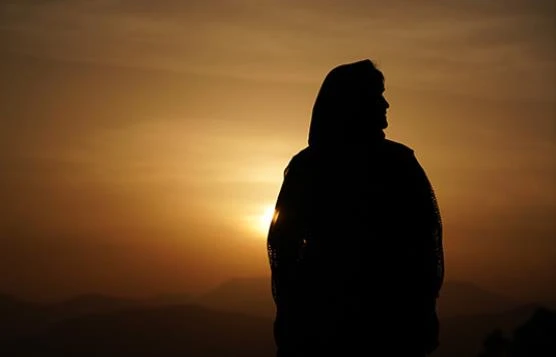Hajar, a 55-year-old woman from the Bakhtiari nomadic tribe in southwestern Iran, faces betrayal by her family as they pressure her to leave her migratory lifestyle and settle in the city. Despite modern challenges such as climate change, urbanisation, and a patriarchal society, she refuses to relinquish her flock or her freedom. Through this empathetic portrait, director Marjan Khosravi presents a moving documentary on the clash between tradition and modernity in a rapidly changing world.
In ‘Requiem for a Tribe’, director Marjan Khosravi paints a powerful and poignant portrait of Hajar, a resilient 55-year-old woman from Iran’s Bakhtiari nomadic tribe. Hajar’s world is rapidly changing: her family, influenced by the pressures of modern life, urges her to abandon the nomadic way of life and settle in the city. However, Hajar is not ready to give up her deep connection to nature, her flock of sheep, or her freedom. Through Hajar’s struggle, the film captures broader social issues like increasing urbanisation, patriarchal control, and the effects of climate change on traditional lifestyles.
The film’s narrative resonates deeply due to Khosravi's personal background as a Bakhtiari herself. It presents an intimate and compassionate exploration of the sacrifices nomadic women are expected to make in the face of modernity. Shot over several years, ‘Requiem for a Tribe’ not only highlights the emotional and physical struggles of Hajar but also becomes a testament to the fading traditions of nomadic life in Iran. This documentary, supported by major international film funds, such as the Hot Docs CrossCurrents Fund and Doha Film Institute, is a compelling reflection on identity, survival, and the cost of progress.
The film’s narrative resonates deeply due to Khosravi's personal background as a Bakhtiari herself. It presents an intimate and compassionate exploration of the sacrifices nomadic women are expected to make in the face of modernity. Shot over several years, ‘Requiem for a Tribe’ not only highlights the emotional and physical struggles of Hajar but also becomes a testament to the fading traditions of nomadic life in Iran. This documentary, supported by major international film funds, such as the Hot Docs CrossCurrents Fund and Doha Film Institute, is a compelling reflection on identity, survival, and the cost of progress.

